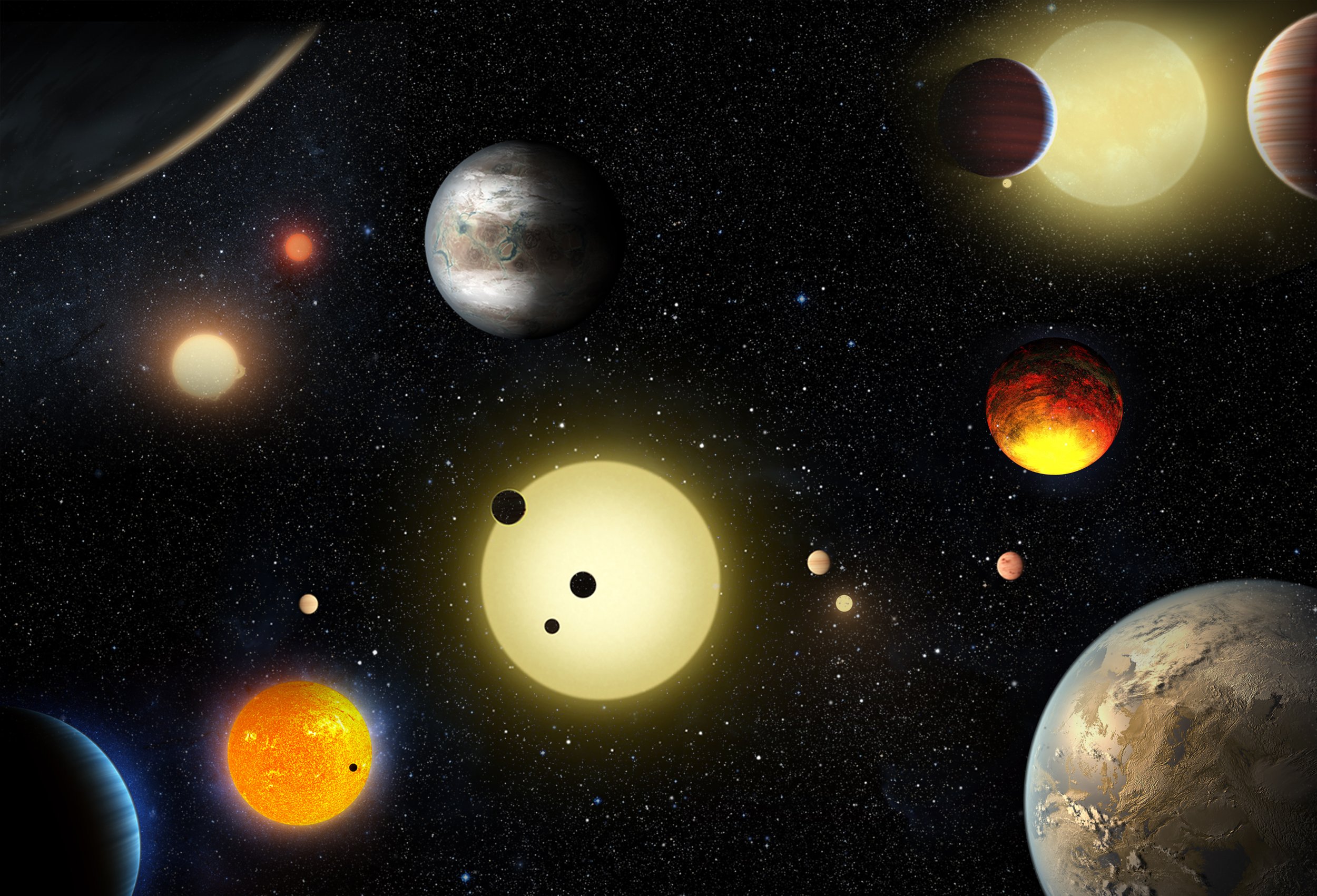
Matter is ultimately governed by one of four fundamental forces: strong nuclear, weak nuclear, electromagnetic and gravity, according to the Standard Model of physics. Yet we need some of them to maintain the physical laws of our universe more than we need others. Physicists have long theorized that weak nuclear is the weak link, the one that could be removed from the equation while causing the least damage, according to ScienceNews. Now, they've shown that in an alternate universe without any weak nuclear, galaxies and even alien life could still form.
The delicate balance between the four forces is crucial for the existence of life. Take gravity—if it were too weak, matter wouldn't be able to assemble into anything (galaxies, stars, planets) but if it were too strong, matter would just be sucked into powerful black holes, according to ScienceNews. The equivalent scenarios are true for the balance of strong nuclear, which keeps the nuclei of atoms together, and of electromagnetic, which is what allows photons to travel throughout the universe.
Researchers from the University of Michigan, Ann Arbor, designed a simulation of the process by which matter formed and then coalesced into stars during the Big Bang—with only three of the fundamental forces instead of four. A paper describing the research was published at the online study repository arXiv.
"Those three forces, gravity, strong and electromagnetic, are part of the deal," co-author Fred Adams, a theoretical physicist at the University of Michigan in Ann Arbor, told ScienceNews. "[Weak nuclear is] the only one you can get rid of entirely without messing everything up."
Weak nuclear force governs the decay of an atom's neutron into protons and electrons, according to Live Science. Those protons are what get fused with various elements (like helium) by the heat emanating from stars to create celestial bodies like planets (and life, human or otherwise). Weak nuclear is stronger than gravity (which in turn is weaker than electromagnetic) but weaker than strong nuclear force. Yet under some conditions the electromagnetic force and strong nuclear force can cancel each other out, leaving weak nuclear momentarily the strongest across a short range, according to Forbes.
Without weak nuclear, the universe would just be clogged with undecayed neutrons whose potential energy was never unlocked. But by altering the simulation's parameters to give it a lower starting level of neutrons and a higher level of already-freed protons, the team found the universe could still form heavy hydrogen, or deuterium, and with it the basis of life.
"People talk about universes like they're very fine-tuned; if you changed things just a little bit, life would die," Adams told ScienceNews. "[But] the universe and stars have a lot more pathways to success."
Uncommon Knowledge
Newsweek is committed to challenging conventional wisdom and finding connections in the search for common ground.
Newsweek is committed to challenging conventional wisdom and finding connections in the search for common ground.
About the writer
Kastalia Medrano is a Manhattan-based journalist whose writing has appeared at outlets like Pacific Standard, VICE, National Geographic, the Paris Review Daily, ... Read more
To read how Newsweek uses AI as a newsroom tool, Click here.








